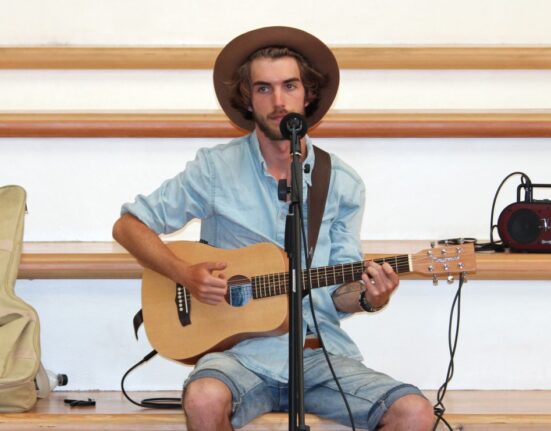In a surprising move by the Donald Trump administration, US embassies worldwide have been instructed to halt new visa interviews for international students and exchange visitors. The internal memo unveiling this directive marks a significant shift in how the United States screens foreign students, with plans to enhance social media scrutiny as part of the vetting process.
The cable signed by US Secretary of State Marco Rubio highlights that the Department of State is currently reassessing its procedures for processing F, M, and J visa applicants. As a result, consular sections have been directed to temporarily stop opening new appointment slots for student and exchange visitor visas. The memo explicitly states, “Effective immediately… consulate sections should not add any additional student or exchange visitor visa appointment capacity.”
This development has sparked concerns among foreign applicants seeking education opportunities in the US. With updated guidance anticipated to be issued soon regarding expanded screening for all candidates under these visa categories, uncertainty looms over the future admission processes for international students.
Amidst this backdrop lies a broader political standoff involving Harvard University and the Trump administration. Homeland Security Secretary Kristi Noem recently announced the revocation of Harvard’s Student and Exchange Visitor Program certification, alleging violations of federal law by the university. This move has triggered a wave of responses from both sides.
In retaliation against what it deems as an attempt to erode academic freedom and autonomy, Harvard condemned the government’s actions as “unlawful.
” President Donald Trump himself chimed in by criticizing Harvard for admitting too many foreign students and advocating for imposing national limits on international student intake. He expressed his skepticism during a press briefing stating, “Harvard has to show us their lists… We want to know where those [foreign] students come from.”
As tensions escalate between Harvard and Washington D.C., questions arise about the implications of these restrictions on other educational institutions hosting significant numbers of international students across America.
Alan Garber, President of Harvard University firmly stands behind their diverse community saying: “This is a critical step to protect the rights and opportunities of our international students and scholars.” Despite facing backlash from authorities amidst claims of non-compliance with governmental directives aimed at combating anti-Semitism within campuses nationwide, Garber reasserts Harvard’s commitment towards upholding inclusivity within its academic environment.
A federal judge in Massachusetts intervened by temporarily blocking orders aimed at stripping away Harvard’s international enrolment status. This legal intervention sets the stage for further deliberations scheduled to unfold today—a pivotal moment that could shape how universities engage with policies impacting their global student body.
For prospective international students eyeing educational pursuits in America, navigating through these turbulent times poses unprecedented challenges. With embassies refraining from scheduling fresh visa interviews following this recent directive change—a ripple effect is inevitable across universities accustomed to welcoming diverse cohorts each academic year.
The ramifications extend beyond academia into economic realms where international students play a crucial role contributing billions through tuition fees and living expenditures annually. Against this backdrop emerges a pressing concern surrounding potential delays faced by aspirants waiting eagerly to kickstart their educational journeys amidst uncertain timelines caused by paused interview schedules.
As uncertainties prevail amid halted visa processes globally—students already residing in the US may grapple with intricate renewal procedures impacted by embassy closures or restricted operations due to pandemic protocols—posing hurdles particularly for those transitioning into advanced degree programmes requiring extended stays beyond existing visa validity periods.
At stake are not just individual aspirations but also broader themes related to cultural diversity enriching campus landscapes—underscoring how policy decisions resonating far from university corridors can reverberate profoundly affecting global academic communities interconnected through shared learning experiences transcending borders.









Leave feedback about this